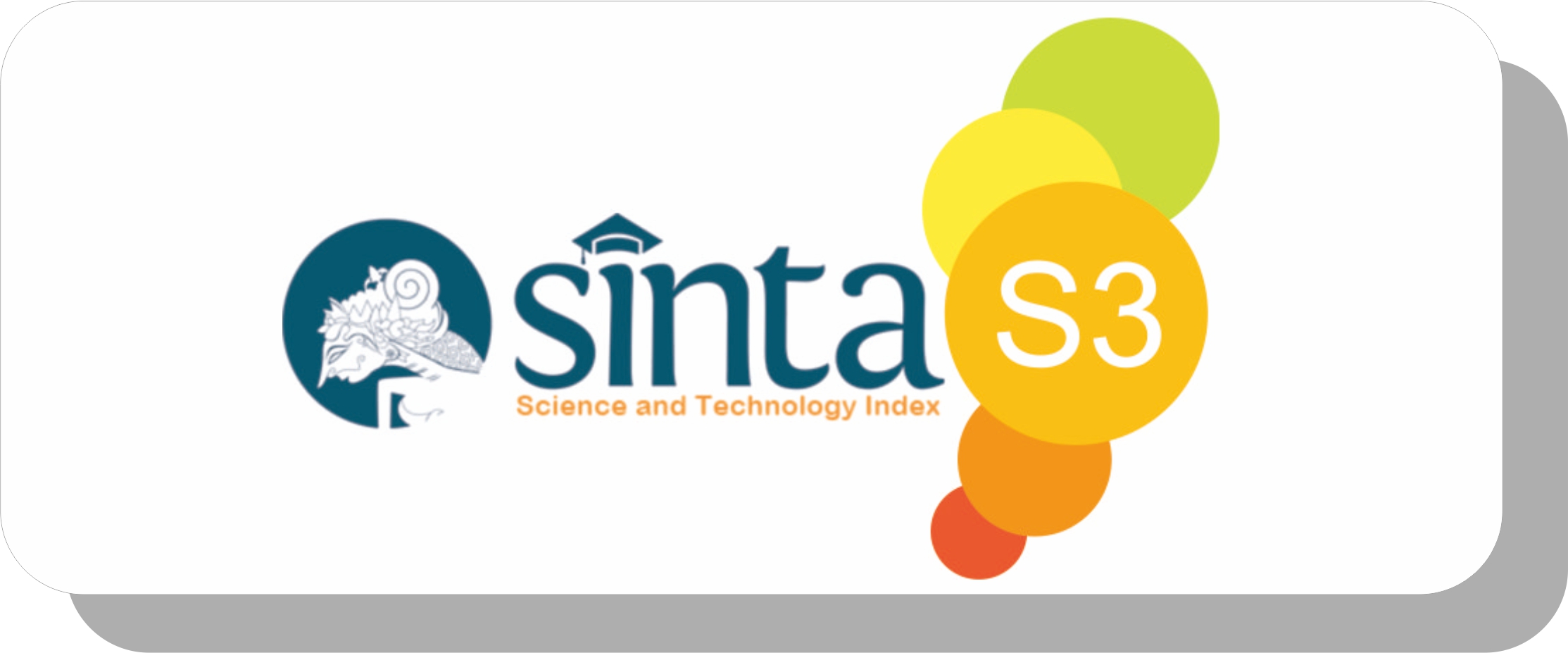Kampung 3G (Glintung Go Green): Ide Lokal Sebagai Solusi Global?
DOI:
https://doi.org/10.22219/sospol.v4i2.5913Keywords:
International and Domestic Issues, Sustainable Development Goals, 3G VillageAbstract
This paper aims to examine the Village 3G (Glintung Go Green) as a solution in achieving the goals contained in the program SDG (Sustainable Development Goals) made by the United Nations (United Nations). The author discusses environmental issues that form the basis of the creation of very complex issues such as health, hygiene, economics, and society. This research was conducted by the writer using a qualitative descriptive method with interview technique, documentation study with RW 23 Chair Glintung Bambang Irianto, and literature study, and the concept of community empowerment as a way of looking at the phenomena we observed. The author wants to know how the solution offered by Glintung Village in addressing environmental issues in the context of SDGs. In addition, the authors want to know the response of domestic and international communities to the idea of Kampung 3G which is used as a solution to realize the SDG program.
Downloads
References
Buku
Emzir. (2011). Metodologi Penelitian Kualitatif Analisis Data. Jakarta: Rajawali Pers.
Jurnal
Drg. K.R. Soegijono, M. (1993). Wawancara Sebagai Salah Satu Metode Pengumpulan Data. Puslitbang Pelayanan Kesehatan; Badan Litbangkes Vol. III No. 01. https://media.neliti.com
Fitri, P. S. (2016). Perkembangan Pelaksanaan Sustainable Development Goals (SDGs) di Indonesia September 2015 - September 2016. https://www.sdg2030indonesia.org/an-component/media/upload-book/Briefing_paper_No_1_SDGS_-2016-Meila_Sekar.pdf
Goals, S. D. (2018, April 20). Tujuan SDGs. Retrieved from Sustainable Development Goals: https://www.sdg2030indonesia.org/page/1-tujuan-sdg
Nations, U. (1992). United Nations Framework Convention. United Nations Framework Convention. https://unfccc.int/resource/docs/convkp/conveng.pdf
Nugroho, A. S. (2008). Paridigma, Model, Pendekatan Pembangunan dan Pemberdayaan Masyarakat di era Otonomi Daerah. Journal Unair Vol.2 No.1. http://journal.unair.ac.id/downloadfull/KMP8172-3fff561d1bfullabstract.pdf
Statistik, S. I. (2016). Potret Awal Tujuan Berkelanjutan (Sustainable Development Goals) di Indonesia. Badan Pusat Statistik, 03. http://filantropi.or.id/pubs/uploads/files/3%20BPS%20Potret%20Awal%20TPB%20di%20Indonesia.pdf
Wulan, S. (2013). Jurnal Manajemen dan Bisnis Fakultas Ekonomi Program Studi Manajemen. Universitas Bandar Lampung Vol. 3 No. 2.
Utami, I. H. (2017). Strategi Penguatan Kampung Glintung Go Green (3g) Sebagai Destination Branding Obyek Wisata Edukasi Di Malang. Jurnal Administrasi dan Bisnis (adbis), 11(1), 97-106. http://j-adbis.polinema.ac.id/index.php/adbis/article/download/20/16
Yuliyanti, T. (2018). Penguatan Institusi Lokal dan Menggerakkan Modal Sosial Melalui Komunitas Untuk Menciptakan Kampung Berdaya. JPAP: Jurnal Penelitian Administrasi Publik, 4(1). http://jurnal.untag-sby.ac.id/index.php/jpap/issue/view/156/showToc
Nuh, M., Cahyasari, E., Anggaini, N. L. V., & Winoto, S. (2018). Gender Adjustment for Sustainable. http://ejournalfia.ub.ac.id/index.php/jiap/article/view/761
Wawancara
Wawancara dengan Bambang Irianto, (Malang, 10 Maret 2018)
Wawancara dengan Bambang Irianto, (Malang, 18 Maret 2018)
Downloads
Published
How to Cite
Issue
Section
License
Authors who publish with this journal agree to the following terms:
- Authors retain copyright and grant the journal right of first publication with the work simultaneously licensed under a Creative Commons Attribution-ShareAlike 4.0 International License that allows others to share the work with an acknowledgement of the work's authorship and initial publication in this journal.
- Authors are able to enter into separate, additional contractual arrangements for the non-exclusive distribution of the journal's published version of the work (e.g., post it to an institutional repository or publish it in a book), with an acknowledgement of its initial publication in this journal.
- Authors are permitted and encouraged to post their work online (e.g., in institutional repositories or on their website) prior to and during the submission process, as it can lead to productive exchanges, as well as earlier and greater citation of published work (See The Effect of Open Access).

This work is licensed under a Creative Commons Attribution-ShareAlike 4.0 International License.



















